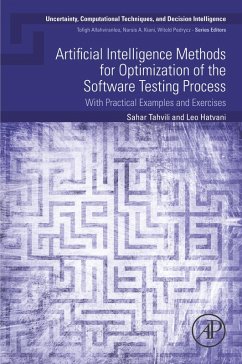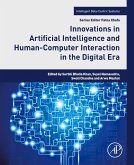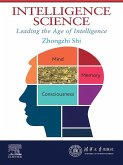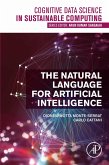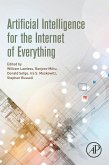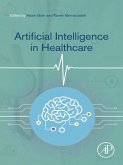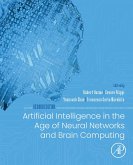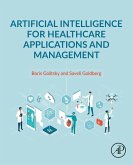As the number of required test cases for testing a product can be large (in industry more than 10,000 test cases are usually created). Executing all these test cases without any particular order can impact the results of the test execution, hence this book fills the need for a comprehensive resource on the topics on the how's, what's and whys.
To learn more about Elsevier's Series, Uncertainty, Computational Techniques and Decision Intelligence, please visit this link: https://www.elsevier.com/books-and-journals/book-series/uncertainty-computational-techniques-and-decision-intelligence
- Presents one of the first empirical studies in the field, contrasting theoretical assumptions on innovations in a real industrial environment with a large set of use cases from developed and developing testing processes at various large industries
- Explores specific comparative methodologies, focusing on developed and developing AI-based solutions
- Serves as a guideline for conducting industrial research in the artificial intelligence and software testing domain
- Explains all proposed solutions through real industrial case studies
Dieser Download kann aus rechtlichen Gründen nur mit Rechnungsadresse in A, B, BG, CY, CZ, D, DK, EW, E, FIN, F, GR, HR, H, IRL, I, LT, L, LR, M, NL, PL, P, R, S, SLO, SK ausgeliefert werden.
Hinweis: Dieser Artikel kann nur an eine deutsche Lieferadresse ausgeliefert werden.

